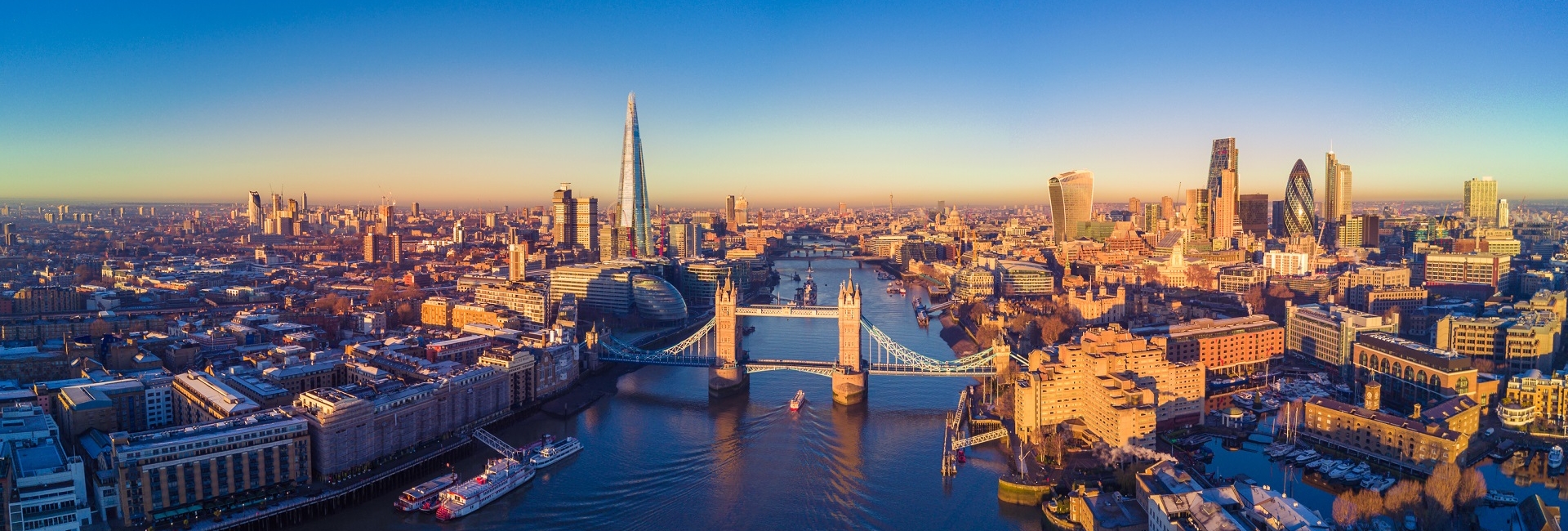Will the energy crisis contribute to rent increases in London?
Energy Prices and property rental prices- where’s the link? It may sound like there isn’t one, but this couldn’t be further from the truth. Not because people have less to spend on rent. As London Letting Agents explain, Interest rates, energy prices and property rental prices are all intrinsically linked.
The cost of living is soaring right now, and even interest rate hikes aren’t currently able to curb rising inflation. We normally perceive that rising interest rates will cause property prices to decrease, but that is not necessarily the same for rents, as the energy crisis currently impacting many homes across London may well contribute to another spike.
To understand this and where the signs might be pointing to a rise in the cost of renting across London, we need to look back at how energy prices have got to the levels they are currently at and what impact they may have on the rental market over the next 6-12 months.
How have energy prices changed?
The fixed price cap on energy costs at £1971 was expected to increase to more than £3500 for most households across the country at the start of October. With some experts predicting that the prices in April 2023 could hit as high as £5300 – it seemed inescapably clear that energy prices were going to be a financial burden on households.
Warnings that the price rises would reach extraordinarily high levels in the next few years began in 2019 with the introduction of the price cap. The messaging at the time from Ofgem, was that the cap was supposed to protect against unfair and uneven price hikes but, few people could have anticipated just how much the cost of energy would rise.
We now know that the government will be intervening to cap energy prices from October at £2500 for the next two years, as well as providing a £400 discount to households on their energy bills this winter, which along with support from energy companies – will help stabilise the cost of energy for many households through winter.
But from October 2022, energy prices will still have risen by 66% in less than a year, creating significant inflationary pressures and impacting the cost of living for many households. So how does all of this impact rents and where is the link with energy prices?
How have rental prices changed since the pandemic?
According to figures from Savills, rent levels in London fell during the pandemic by 5.5% between March 2020 and March 2021. However, rents have now risen to 8.4% above pre-pandemic levels with rental price growth in London hitting 13.5% for this year alone.
To put this into context, this means that the rental price recovery from the pandemic has been even greater than that of the 2008 Financial Crisis. It took two years for the bounce back in rental prices to peak at 11.6% in September 2010. After Covid-19, it has taken just 12 months to hit 13.5% and unequivocally answers the question that yes – rents are indeed rising in London and they are rising fast.
With rents rising this rapidly, is it right to suspect that they’ll slow down at some point in the next 12 months, as inflation continues to persist and the cost of those significant energy price increases starts to kick in over the winter? Whilst things may well end up slowing down – London based letting specialists Flex Living aren’t sure that rents will stop rising just yet.
How energy prices can push the cost of renting up
Energy prices increase the cost of transport, heating your home, imports/ exports, manufacturing, food and practically everything you can think of. As prices increase, the cost of running a business does too meaning that businesses have to keep increasing their prices in order to maintain profits. This can spiral into an effect called the ‘inflation expectation’ that ultimately causes prices to continuously get higher until we experience hyperinflation.
You might think, “so what prices will eventually get so high that people can’t spend any more?” but this is not always the case. Hyperinflation has occurred many a time in history, crippling Germany and Russia in the 1920s and it is currently happening in Argentina today. Typically, the solution to all this is to increase interest rates which ultimately hits consumers so badly that they have to stop spending, leading to a recession and price correction.
With interest rates raised recently by the Bank Of England to 1.75% in August and the rates on a two-year mortgage increasing to 4%, ultimately – Landlords will face higher costs to service their mortgages and have two choices. Sell up or increase rents. There is often a 6-month to 1-year lag between interest rate increases and the impact on property rental prices. Namely due to the time it takes for people on fixed mortgages to re-mortgage and for existing rental agreements to expire.
A tenant may be already squeezed by the extra costs of paying for their bills due to these energy price increases but, many Landlords are unlikely to have a choice when it comes to raising rents, no matter how much they may care. We don’t know how many Landlords will choose to sell-up or increase their rents. But, for those who sell, it will ultimately reduce the supply of rental properties on the market and only serve to increase rents even more.
Is there anything that can be done about this?
Ultimately, all we have just discussed will dilute the amount of rental property available, even in a city with as many rental properties as London, so rent prices will continue to rise somewhat. We understand this does sound very bleak and we don’t mean to be all doom and gloom because this does not mean that the situation is entirely hopeless. The rising cost of energy may have seemed irreversible but that is no longer the case. Additionally, there are other measures that can be taken to reduce the cost of inflation.
There are thoughts that the Bank Of England like its counterpart in other countries will continue to only gradually raise interest rates to tackle inflation and – prevent the country from slipping into a larger recession. However, this is very much dependent on timing and how quickly the BOE can react. If they are too slow at tapering off interest rate increases, we could experience a larger than necessary recession. On the other hand, if the BOE don’t increase rates enough, we exacerbate the risk of hyperinflation.
For landlords, if you’re unable to avoid raising the cost of renting your property – now is the time to look for tenants with a secure income and make sure you commit the necessary time to perform credit and background checks. If you are a tenant renting a property, try to secure a longer-term contract, as this will protect you against rent increases and at a time like this – there may well be plenty of landlords wanting a tenant who stays for longer!
To avoid higher energy costs at your property – perhaps now is the time to increase your property’s energy efficiency and if you’re short on time or feeling the pressure of getting it done by yourself, you can always partner up with a company like ours to manage your property for you.
Flex living
This article is brought to you by Flex Living. Flex Living works with our corporate partners to find their fantastic employees outstanding accommodation. We form lasting partnerships with landlords to bring in better, guaranteed rent every month, with 0% voids and a higher quality of tenants to their properties. Flex Living is here to shake up the world of property letting and expand our innovative approach to property markets around the world to provide a more flexible approach to living.



 Login
Login















